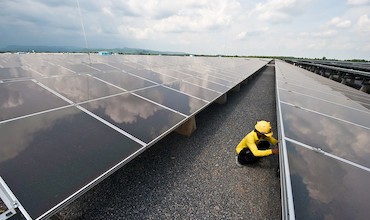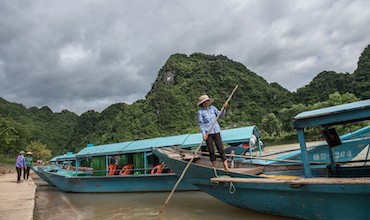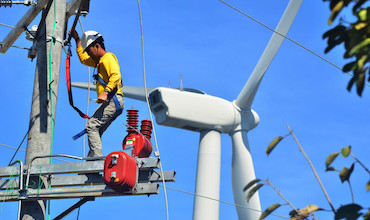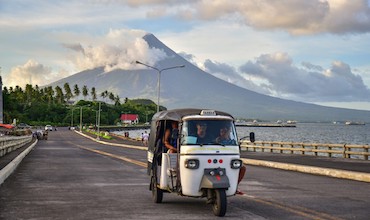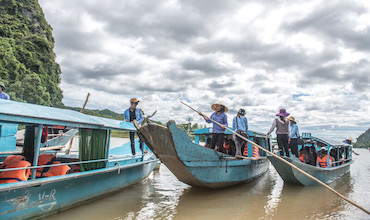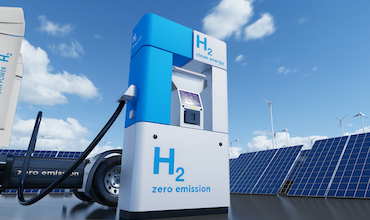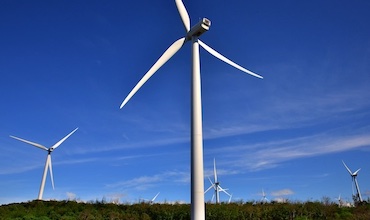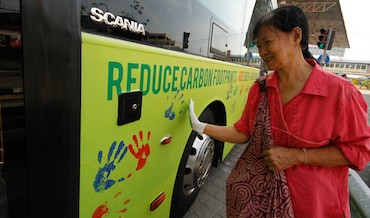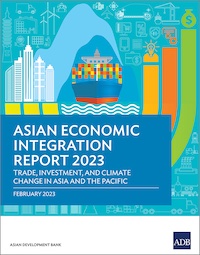Meeting Southeast Asia's net-zero targets is hinged on how fast both the public and public sectors can mobilize capital to finance climate investments, but it also entails adopting innovative solutions, incentives, and policies to speed the adoption of cleaner energy.
Explore Our Net-Zero Coverage

New opportunities are emerging for net-zero tourism as travelers in Asia and the Pacific now demand sustainable options and are willing to spend more to shrink their carbon footprint as well as support local communities.
Accelerating the adoption of solutions that can mitigate climate impacts and advance decarbonization now more urgent than ever, say experts.
Regenerative design is an an important mechanism for decarbonization as it aims to restore social and planetary health, revitalize biodiverse ecosystems, and renew natural capital.
Indonesia needs to invest in building human capital, establish coordination between government and non-government actors; and build a blueprint establishing a legal framework to mobilize waqf for climate finance.
Zero tariff on electric vehicles and other incentives are expected to encourage more Filipinos to opt for cleaner, greener vehicles.
Ensuring the tourism sector adapts to climate change impacts could be both challenging and complicated, but industry players are already finding ways to mitigate climate impacts on their bottom line.
Indonesia faces the challenge of finding ways to make the use of green hydrogen economically feasible, financially appealing, and socially beneficial.
Adopting heat action plans, using heat-responsive building design, and deploying large scale "cool roof" programs among measures to limit exposure of the urban poor to heat stress
The financing package is the largest syndicated renewable project financing transaction among ASEAN countries to date.
The fast-growing Islamic finance industry, which manages almost $4 trillion in total assets worldwide, has the potential to support the climate agenda, but demand- and supply-side challenges need to be addressed to unlock Shari’ah-compliant capital for climate finance.
This report shows how smart trade and investment policies, and regulatory cooperation can help Asia-Pacific economies tackle climate change, recover from the pandemic, and support resilient and sustainable development.
